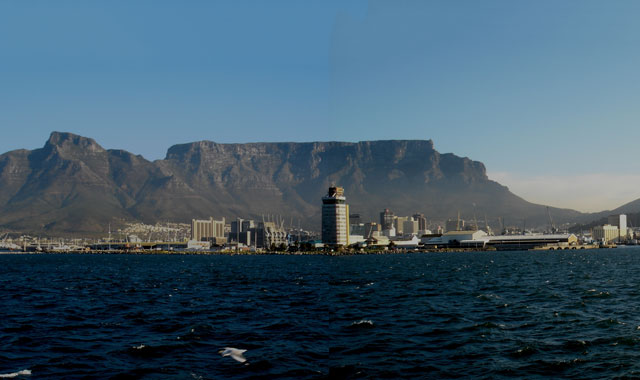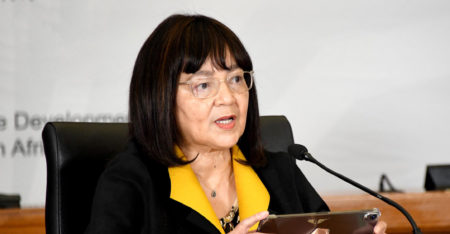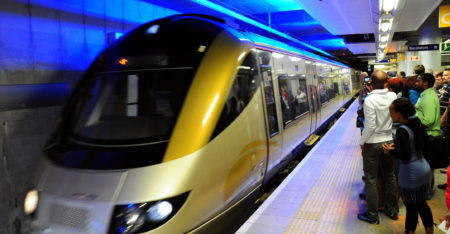
Cape Town, the crown jewel of South Africa’s tourism industry, has 100 days before it runs out of water.
After two years of the least rainfall on record, the average level of the six main dams that supply the city of 3,7m people has dropped below 30%, one of the lowest levels on record.
The last 10% of the reservoir water is unusable, and the risk is mounting that taps and pipes will stop flowing before the onset of the winter rainy season that normally starts in May or June.
Even if the supply stretches until then, heavy downpours may be needed to avert outages over the next two years in South Africa’s second biggest city.
Each year, more than 850 000 people from the region and abroad fly through the international airport in Cape Town, which the UK’s Telegraph newspaper has rated as the top city destination for the past four years.
“We are in a real crisis,” Cape Town mayor Patricia de Lille said in an interview with Bloomberg Television at the Women4Climate conference in New York on 8 March. “People will have to change the way they are doing things. You can only save water while you have water.”
The city council has imposed water restrictions, including bans on using hosepipes to irrigate gardens and fill swimming pools, and fined those who violate them.
It’s also lowered the water pressure and stepped up efforts to combat leaks.
While those measures have helped reduce average daily summer consumption to 751m litres a day, from 1,1bn litres a year ago, that’s still shy of the city’s 700m-litre target.
Cape Town authorities should have done more to diversify its water supply and implemented projects to use treated sewage and effluent, said Kevin Winter, a lecturer and water expert at the University of Cape Town’s environmental and geographical science department.
“Ninety-eight percent of water comes from dams and that is crazy,” he said. “We use untreated, high-quality water for everything we can think of.”
The lack of water and efforts to conserve it are evident from the city’s withered gardens and parks and closure of most municipal swimming pools.
Many in the city have taken to using water from their baths and showers to flush toilets and try and keep their plants alive. Providers of wells and equipment that captures runoff from washing machines and bathrooms, known as grey water, are doing a roaring trade.
The city and national governments are implementing and considering several projects to augment the water supply, according to De Lille. These include:
- Pumping surplus water from the Berg River to the Voelvlei Dam, east of Cape Town, which will cost R274m and yield an extra 60m litres of water a day;
- Implementing a R4,5bn plan to reuse water, which will supply an additional 220m litres a day;
- Building a R15bn desalination plant that will yield an average of 450m litres of water a day;
- Tapping aquifers from the city’s landmark Table Mountain, which could yield 50-100m litres a day. That project, which would be implemented in several phases, is still being costed.
“The city will probably squeak through this season, but it may not in coming years,” Winter said. “It has been on the cards that water would run out by 2019. This drought has been a wake-up call for the city.” — (c) 2017 Bloomberg LP




